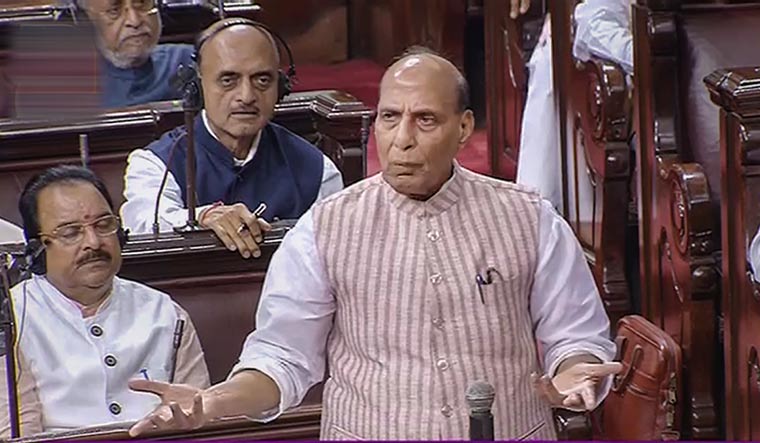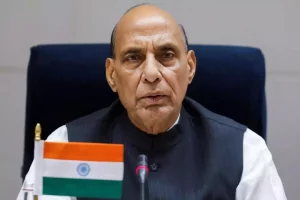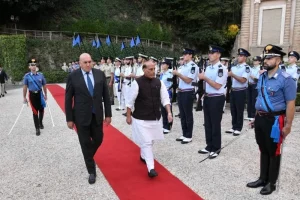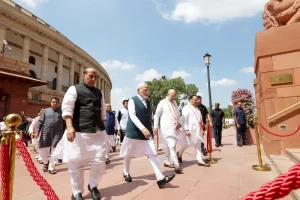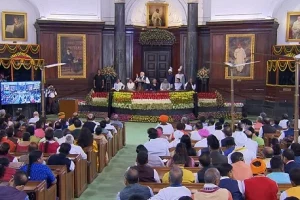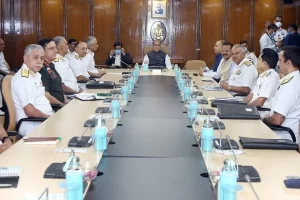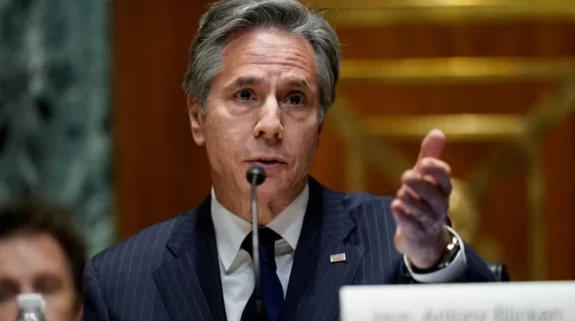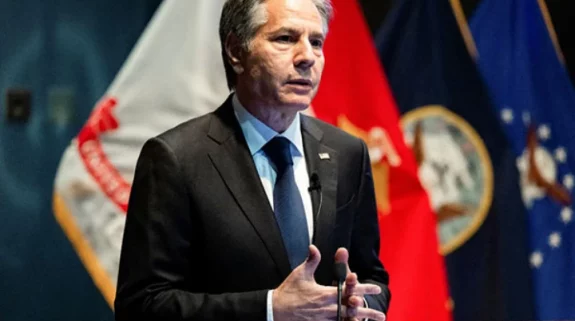The Rajya Sabha today passed the Inter-Services Organisation (Command, Control & Discipline) Bill – 2023 to pave the way for creating theatre commands in which Army, Air Force and Navy personnel will operate in joint formations to give the armed forces more punch to tackle modern day war scenarios.
The Bill, which was cleared by the Lok Sabha on Friday, seeks to empower the Commander-in-Chief, Officer-in-Command or any other officer specially empowered in this behalf by the Central Government with all the disciplinary and administrative powers in respect of personnel serving in or attached to their Inter-Services Organisations for the maintenance of discipline and proper discharge of their duties, irrespective of the service to which they belong to.
The Bill has now been cleared by both Houses of Parliament and will bet sent for the President’s assent to become a law.
Initiating the bill in the Upper House, Defence Minister Rajnath Singh described the bill as necessary to strengthen the Armed Forces in view of the global security scenario, emphasising that only through better jointness and integration can the military move forward towards securing national interests. The bill will ensure better coordination among the three services and bolster the integrated structure and will prove to be a milestone in the path to India’s military reforms, the minister told the House.
The Raksha Mantri pointed out that today’s warfare is no longer conventional, but has become technology and network-centric, which makes it even more important for the three Services to work with greater coordination to face future challenges faced by the country.
The Defence Minister explained that at present the service personnel of Air Force, Army and Navy are governed by the provisions of the Air Force Act, 1950, the Army Act, 1950 and the Navy Act, 1957 and only officers of the respective services are empowered to exercise disciplinary powers over the service personnel under the respective Service Acts.
He said the Bill will essentially be an enabling legislation, which empowers the Heads of the Inter-services Organisations to exercise effective command, control and discipline on all personnel of regular Air Force, Army and Navy and to persons of other forces as notified by the Central Government, who are serving in or attached to an Inter-services Organisation, without amending the respective Acts.
He described the bill as an important step taken towards integration and jointness among the Armed Forces to face the future challenges in an integrated manner.
The concept of theatre commands seeks to integrate the capabilities of the three services — army, air force and navy — and utilise their resources for wars and operations more effectively.
The current thinking is to go in for three integrated theatre commands. According to the plan that is on the anvil, Jaipur, home to the Army’s South Western Command, will be the headquarters for the theatre command that will look after the border with Pakistan. The other theatre command to take care of the borders with China will be headquartered at Lucknow, which currently is the headquarters of the Central Command.
The third will be a maritime theatre command to look after India’s maritime and coastal interests which will have its headquarters at the Karwar seaport on the Karnataka coast near Goa.
While the maritime command will be headed by a Naval officer, the other two will see rotational appointments from the Army and the Air Force.
India’s first CDS General Bipin Rawat had spearheaded the concept of theatre commands.
Chief of Defence Staff General Anil Chauhan had recently said that the theaterisation of the Indian military was on the anvil and would be the most ambitious change attempted post-Independence in the armed forces with far reaching implications.






